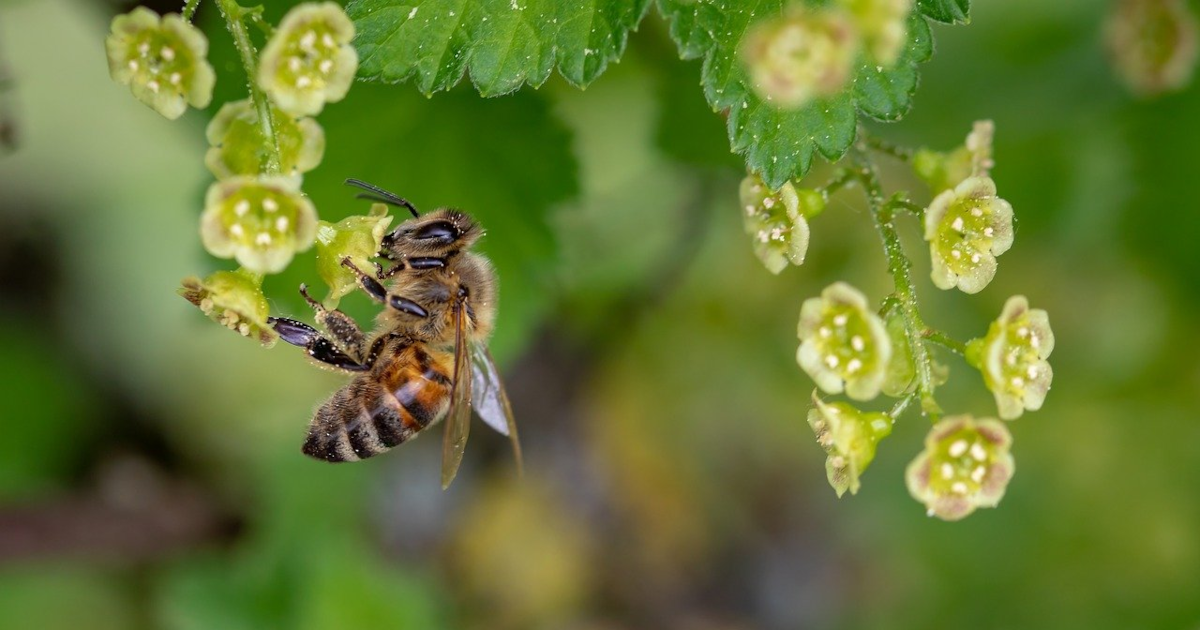
Groups Tell EPA ‘Damning Admissions’ on Neonics Should Result in Full Ban
Advocacy groups responded to the Biden administration's new conclusions about how a trio of popular neonicotinoid pesticides threaten endangered species with calls for a total ban on the products. While neonics are widely known for harming bees and other pollinators—and are banned in the European Union—this is the first time the EPA has reviewed impacts of this class of pesticides on the nation's most imperiled species.
April 1, 2023 | Source: Common Dreams | by Jessica Corbett
Advocacy groups on Thursday responded to the Biden administration’s new conclusions about how a trio of popular neonicotinoid pesticides threaten endangered species with calls for a total ban on the products.
The federal review focused on clothianidin, imidacloprid, and thiamethoxam, which “are used on a variety of crops, turf, and ornamentals, and for other residential and commercial indoor and outdoor uses,” the U.S. Environmental Protection Agency (EPA) explained.
The agency determined all three are “likely to adversely affect” the majority of federally listed endangered or threatened species and their designated critical habitats—which “means that EPA reasonably expects that at least one individual animal or plant, among a variety of listed species, may be exposed to the pesticide at a sufficient level to have an adverse effect.”
Specifically, clothianidin is likely to adversely affect 67% of species and 56% of habitats; for, imidacloprid, those figures are 79% and 83%; and for thiamethoxam, they are 77% and 81%.
